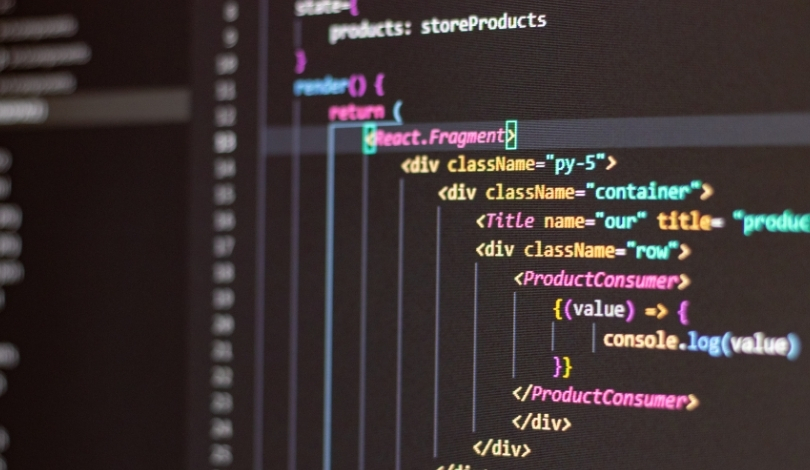Apple has issued an urgent software update to address a zero-day vulnerability affecting various versions of iOS, iPadOS, and macOS. The flaw, categorized as CVE-2025-43300, involves an out-of-bounds write defect that could allow attackers to exploit memory corruption by processing a malicious image file. The company responded after reports that a highly targeted and sophisticated attack had leveraged this vulnerability against certain individuals. Apple, while not revealing the scope of affected users or devices, has advised immediate installation of the latest updates on vulnerable systems. Notably, recent years have seen an uptick in targeted cyberattacks against major tech brands, but the combination of timely acknowledgment and issuance of a fix sets this incident apart.
Other high-profile vulnerabilities in iOS, iPadOS, and macOS have led Apple to release emergency fixes in recent years, often accompanied by minimal disclosure details. Unlike prior incidents, Apple stressed the focus on a select group of targets in this instance, while third-party analysts noted the rarity of public alerts phrased as explicitly as this one. Earlier security flaws addressed by Apple typically resulted from broad exploit efforts, whereas the current scenario highlights the precision with which attackers can adapt to evolving device defenses. Regulatory bodies such as the Cybersecurity and Infrastructure Security Agency (CISA) continue to track and highlight known exploited flaws, yet the growing sophistication of attacks reflects ongoing shifts in the threat landscape faced by consumers and enterprises alike.
What Triggers the Security Update?
Apple rushed the update following intelligence that the zero-day vulnerability was used in real-world attacks. The flaw gives adversaries an opportunity to bypass system memory protections by sending a specially crafted image file to vulnerable devices. Products at risk include earlier versions of macOS, iOS, and iPadOS lacking the most recent patches.
How Serious Is the Threat to Average Users?
Security researchers emphasize that while the reported exploitation was targeted, all users should prioritize installing the update. Satnam Narang, a senior staff research engineer at Tenable, noted,
“While the impact to the wider populace is smaller because the attackers exploiting CVE-2025-43300 had a narrow, targeted focus, Apple wants the public to pay attention to the threat and take immediate action.”
Average users face a low likelihood of being singled out, yet the continued disclosure of zero-days underscores persistent risks for all device owners.
Are Apple’s Efforts Sufficient to Prevent Further Attacks?
Apple improved the bounds checking mechanism within its operating systems to mitigate the flaw. The company issued guidance for users to ensure their devices run iOS or iPadOS version 18.6 (or later) and macOS version 15.6 (or later), respectively. A spokesperson stated,
“Apple is aware of a report that this issue may have been exploited in an extremely sophisticated attack against specific targeted individuals.”
Third-party organizations, including the Cybersecurity and Infrastructure Security Agency, responded by adding the vulnerability to watch lists, demonstrating broad concern about its significance.
Given that this marks the fifth zero-day correction from Apple in the current year, ongoing vigilance remains crucial. Software vendors face mounting pressure to respond rapidly and transparently to such discoveries, as attackers rapidly develop new tactics for evading security safeguards. Security analysts point to the increasing specificity and sophistication of attacks, often focused on select high-value targets rather than mass campaigns. As a result, routine software updates and prompt patching practices continue to be vital in minimizing exposure to emerging threats for all Apple device users. The episode also raises awareness that no platform is immune from exploitation and underscores the role of cooperative efforts among technology providers, regulators, and users in strengthening defenses, especially as technology ecosystems grow more complex.
- Apple released an urgent update for iOS, iPadOS, and macOS zero-day.
- A sophisticated, targeted attack motivated Apple’s immediate software patch.
- Software updates are critical for Apple users’ device security and privacy.










